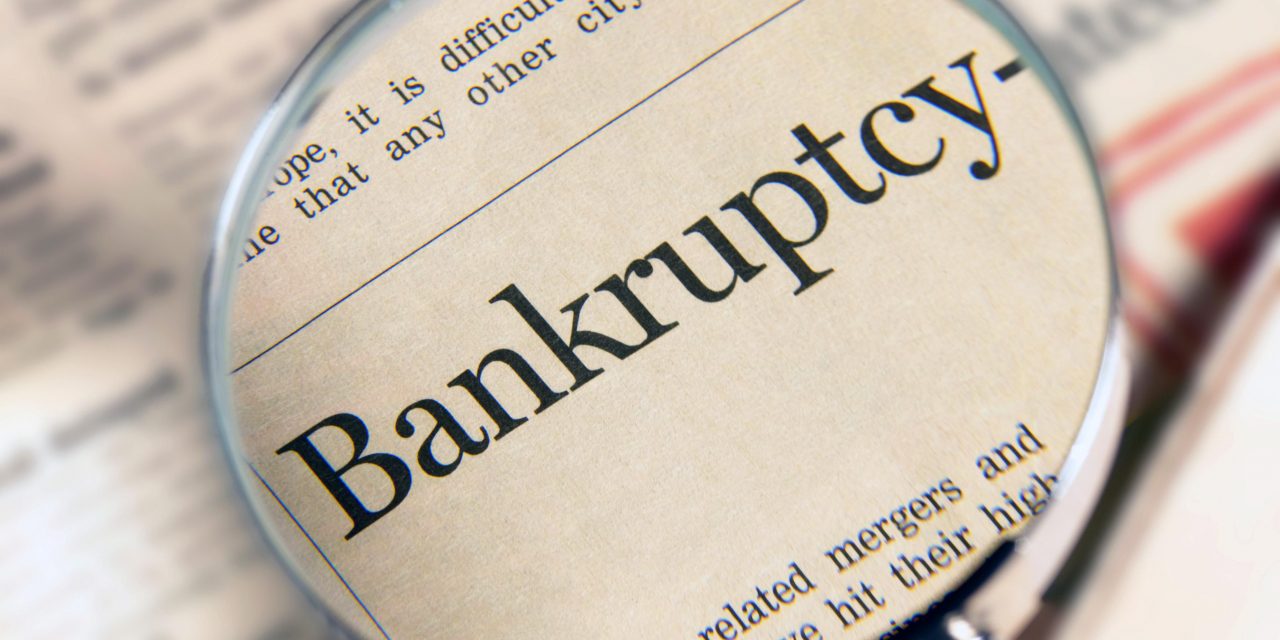In the current low interest rate environment, companies and individuals can be tempted to increase their leverage. However, debt is a double-edged sword. This is especially so during an economic downturn, when reduced sales/income can lead to cashflow issues.
There had been quite a number of high-profile bankruptcy cases recently, which were mainly due to excessive debt. Let’s take a look at some of the cases below.
Vitamin retailer GNC files for bankruptcy in US, may close 1,200 stores
“GNC had been trying to reduce its nearly US$900 million debt load amid falling sales at its brick-and-mortar stores when the coronavirus pandemic forced thousands of locations to close temporarily, cutting off a major revenue source. About 2,100 of its 11,000 employees remain on furlough.
The retail industry is badly affected by the COVID 19 pandemic. Besides GNC, other household names like Hertz, J.C. Penney, Neiman Marcus, J. Crew and Pier 1, have also sought bankruptcy protection in the wake of the Covid-19 pandemic.
The retailers all blamed their downfall on the COVID 19 pandemic. However, if you looked deeper, many of these companies had taken on too much debt. They also stuck to business models that did not keep with with the changes in consumers trends. Consumers are increasingly moving to online purchases. This leaves many traditional retailers with empty stores that come with high overheads.
The collapse of Hin Leong Trading
“Hin Leong Trading, one of Singapore’s largest independent oil traders, said that it failed to declare “about $800 million in futures losses over the years, citing a court filing dated April 17. The company is seeking a six-month moratorium on its roughly $3.85 billion debt load owed to 23 banks.
Closer to home, we witnessed the fall of one of the largest oil traders – Hin Leong recently. The US$3.5 billion liability included financing that had been granted under 273 letters of credit facilities from 23 lenders. The amount was supposedly used to fund the purchase of cargo. The collapse of the firm was also caused by other factors, including oil price collapse and potential fraud. However, it is apparent that the company is grossly over-leveraged, with liabilities of US$3.5 billion and assets of just US$257 million. Therefore it is likely to end up being liquidated.
Retail investors tap cheap cash to buy shares
“Earlier this year, 31-year-old insurance agent Heng Kai Sheng got advances on three separate credit cards to the tune of $150,000. With the money, he opened a share financing account at a local bank and pledged the lot as collateral.
It is not just companies which are getting excessive debts. Individuals are doing the same. The above case is of a retail investor being granted leverage of around 3.5 times. This amounted to a $500,000 kitty that he was going to invest in the stock market.
It bothers me whenever I read such news about investors borrowing money to invest. Banks can be fair weather friends. We all know that when it rains, it pours and it hurts most when your umbrella is taken away. Nobody can accurately predict and time the market to a T. It is very dangerous to invest on borrowed funds, especially if you are doing margin trading.
Conclusion
Warren Buffet once told CNBC that investors should avoid using borrowed money to buy stocks. He quoted his long-time investing partner Charlie Munger:
“Charlie says there is only three ways a smart person can go broke: liquor, ladies and leverage.
The same can be applied to companies. When we assess companies, one of the key numbers to watch out is the Debt/Equity ratio. The lower it is, the better. Preferably, it is less than one. Another ratio to take note of is interest coverage. In this case, the higher it is, the better. If the company is saddled with too much debt, it will be faced with a dangerous double-whammy should interest rate rise.


Recent Comments